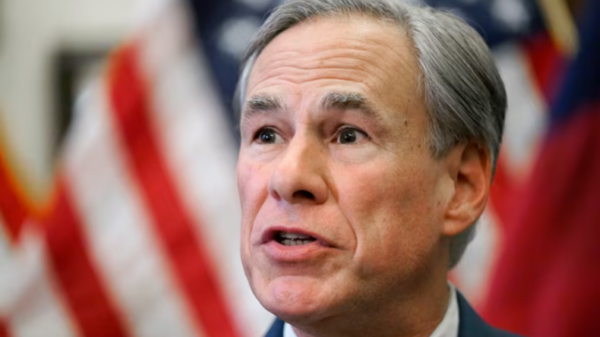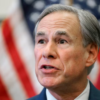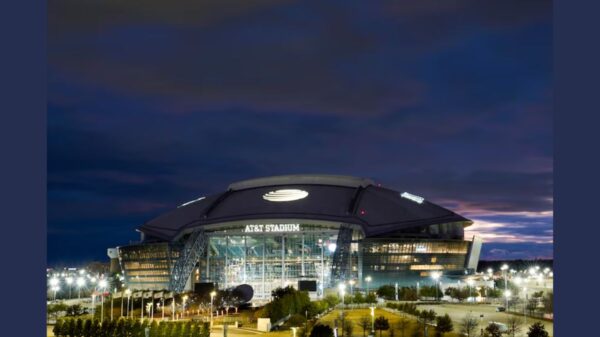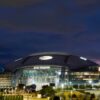
By Sriya Reddy
The last time Alice Collier went to the dentist was in 2014.
After her retirement, Collier, who lives in the Jubilee community in southern Dallas, said she didn’t have the time or money to go to regular dentist appointments.
For many in southern Dallas, keeping a healthy lifestyle is difficult. With few grocery stores, clinics and dental offices in the area, many have been forced to travel great lengths or spend extra money to get the care they need.
But that could be changing. In the past year, multiple health centers have opened in the southern sector with the goal of increasing access to medical care.
Services in Jubilee
The Jubilee Park Community Clinic opened in early August in the southeast Dallas community. The two-floor clinic is a partnership between Jubilee Park and Community Center, Parkland Hospital and Jewish Family Services. The clinic and dental office are managed by Parkland, while mental health services are provided by two counselors through Jewish Family Services.
Marissa Castro Mikoy, executive director of the community center, said that during their community opening event in late August and tours they gave she felt the gratitude from residents.
“What I heard throughout the tour was, ‘This is so beautiful,’ ” Castro Mikoy said. “The other thing was, ‘You listened to us,’ because there were a lot of focus groups and a community needs survey that Jubilee did, where residents said we need a clinic.”

Collier has lived in Jubilee for 56 years. She said she’s seen a lot of growth and change throughout her time there. This clinic adds to that, and she said she’s very excited about the dental office.
“It’s been a minute since I last went to the dentist,” Collier said. “I’m healthy as far as my dental work goes, but I do need cleanings and other things that I need assistance with.”
Collier said some of her neighbors struggle with transportation when it comes to getting medical care.
“Now they don’t have to worry about getting on rideshare, or having family members take them to the doctor,” Collier said. “It’s just more convenient having it right there at home.”
The clinic also includes classroom space and a lounge open to the public. Castro Mikoy said they are aiming for a holistic approach to health care that tackles multiple aspects included in wellness.
“We’ll be doing cooking classes, exercise classes, nutritional coaching, support groups — like addiction support groups — just a lot of different resources that really impact the health and wellness of a person and a family,” Castro Mikoy said.

Not far from the Jubilee clinic, Parkland is also partnering with Bonton Farms in South Dallas to build a clinic, which is set to open in early 2024. Geriatric, adult and pediatric services will be provided as well as immunizations and limited lab screenings.
Representatives of Parkland said the hospital chose Bonton Farms because of the wrap-around services it provides including the community garden, temporary housing and other social services.
RedBird activity
And about 10 miles from Bonton, UT Southwestern has also taken the initiative to bring more medical care to southern Dallas. Ericka Walker Williams, a primary and preventive care doctor at UT Southwestern, said the center at RedBird Mall came out of the will of the people.
“We decided to go out into the community and ask them, ‘What would you like to see in the medical center?’ ” Walker Williams said. “They let us know the types of services they wanted to see and the types of individuals they wanted to have taking care of them. We took that information and compiled it and tailored clinics specifically for the Redbird community.”

The facility, which opened in late August, is the largest UT Southwestern regional medical center and is offering primary and specialty care including internal medicine, cancer care and women’s diagnostics. This facility is one of three at RedBird along with Parkland Hospital, which opened last year, and Children’s Medical Center, opening in 2024.
“So far, the patients are loving it,” Walker Williams said. “The main thing that I get is, ‘It’s so close to my home.’ We’re right here on the DART line, so it is easily accessible from DART. Also, if you drive you don’t have to have a lot of gas and you don’t have to fight with the traffic.”
Walker Williams said providing care to this area of Dallas is crucial because health outcomes in this area are significantly lower than other parts of the city. She said food deserts, racial biases in health care, lack of health literacy and financial hardship all contribute to health outcomes in the area.
Having medical care while also considering some of the social determinants of health is one way to alleviate the difficulty.
“The southern sector really has been at a disadvantage for many, many years,” Walker Williams said. “We’ve known this. We do the research, we look at the ZIP codes, and we can see which ZIP codes are affected more by hypertension, which ZIP codes are affected more by cardiovascular disease, stroke, diabetes. It’s common knowledge.
“When all of Dallas is healthy, it’s better for us as a whole,” she said.
CORRECTION, 9:45 a.m., Sept. 16, 2022: An earlier version of this story incorrectly identified Alice Collier as Annie Collier.









You must be logged in to post a comment Login